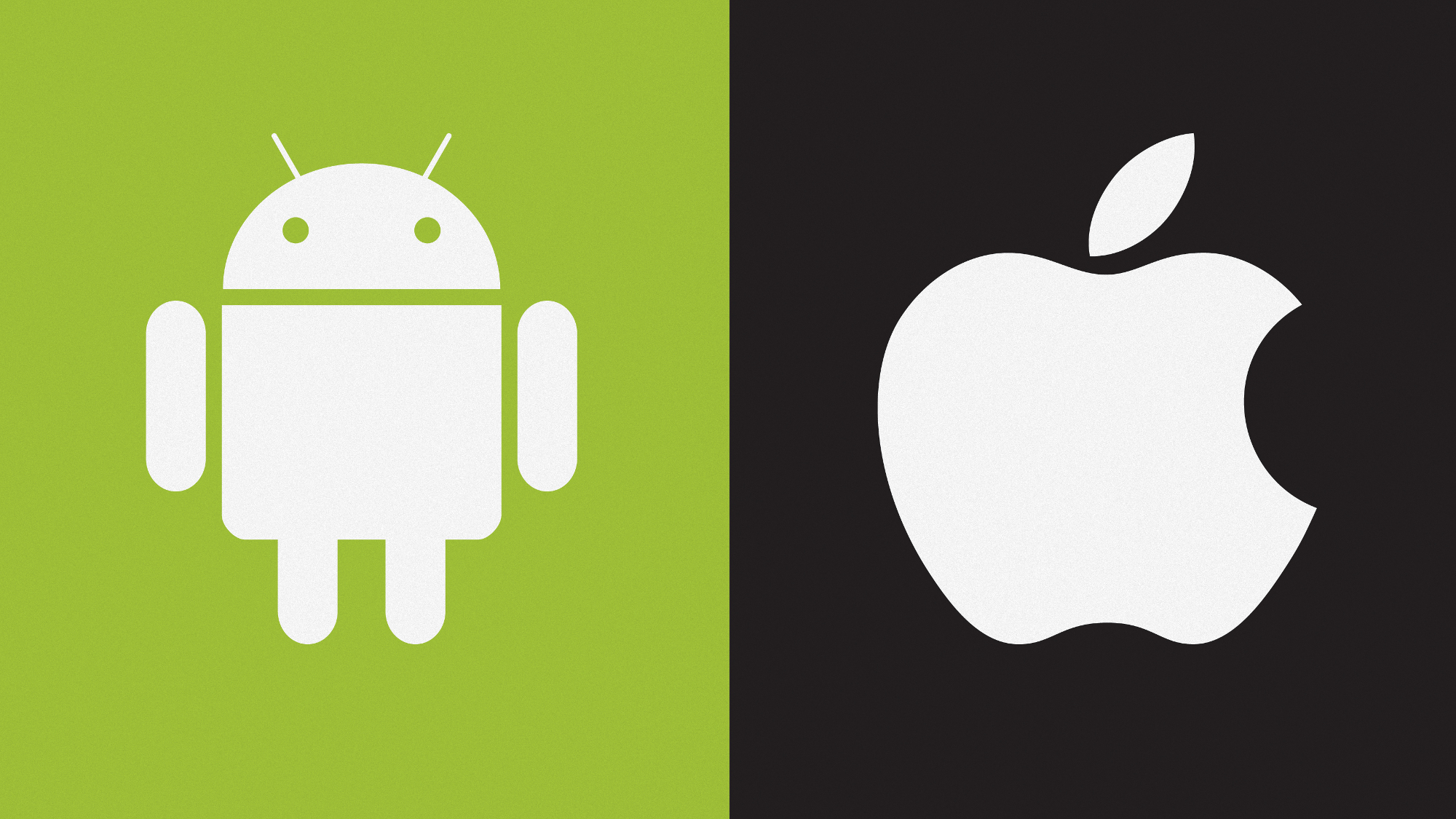
Mobile Operating Systems: A Comparison of Android and iOS
By Adedayo Oyetoke, Published on: May 24th 2023 4 min, 737 word Views: 1305
In the world of smartphones, two dominant mobile operating systems reign supreme: Android and iOS. These platforms have revolutionized the way we communicate, work, and entertain ourselves. Whether you're a long-time Android user or a dedicated iOS enthusiast, understanding the key differences between these two operating systems is crucial. In this comprehensive comparison, we will delve into the world of Android and iOS, exploring their features, user experience, app ecosystem, customization options, security, and more. By the end, you'll have a clear understanding of which mobile operating system aligns better with your preferences and needs.
1. User Interface:
One of the first aspects that users encounter when interacting with a mobile operating system is the user interface. Android and iOS offer distinct design philosophies. Android provides a highly customizable interface, allowing users to personalize their device's appearance and functionality. On the other hand, iOS adopts a sleek and uniform design, focusing on simplicity and ease of use.
2. App Ecosystem:
The availability and quality of applications can significantly impact the overall user experience. Android boasts a vast app ecosystem through the Google Play Store, offering millions of apps covering various categories. In contrast, iOS maintains strict app guidelines, resulting in a curated App Store with a focus on quality and security.
3. Device Variety:
Android embraces device diversity, with numerous manufacturers producing smartphones and tablets running on the operating system. This wide range of options allows users to choose devices that suit their preferences and budget. In contrast, iOS is exclusively developed by Apple and is limited to iPhones, iPads, and iPod Touch. This closed ecosystem provides a more controlled and streamlined experience.
4. Customization Options:
For tech-savvy users who enjoy personalization, Android takes the lead with its extensive customization options. Users can tweak their device's appearance, install custom launchers, and even modify system settings. iOS, on the other hand, offers limited customization options, focusing on a consistent and polished user experience.
5. Security and Privacy:
Security is a paramount concern for mobile operating systems. iOS is renowned for its robust security features, with strict app review processes and sandboxing techniques to prevent unauthorized access. Android has made significant strides in enhancing security measures over the years, incorporating features such as app permissions and Google Play Protect. However, its open nature and device fragmentation present some challenges in delivering consistent security updates.
6. Integration with Ecosystem:
For users invested in a broader ecosystem, the integration between mobile devices and other platforms plays a vital role. iOS seamlessly integrates with Apple's ecosystem, offering features like Handoff, iCloud, and iMessage, which synchronize data and allow for a seamless experience across Apple devices. Android, on the other hand, provides integration with Google services, including Google Drive, Gmail, and Google Assistant, creating a cohesive environment for users.
7. Voice Assistants:
Voice assistants have become an integral part of modern smartphones. iOS features Siri, Apple's intelligent assistant, known for its natural language processing and deep integration with Apple's services. Android devices come with Google Assistant, offering powerful voice recognition, contextual understanding, and tight integration with Google's vast knowledge graph.
8. Updates and Fragmentation:
Timely software updates are essential for security patches, bug fixes, and accessing new features. iOS excels in this aspect, with Apple providing updates directly to devices, ensuring a consistent experience across its supported devices. Android updates, however, are dependent on device manufacturers and carriers, leading to fragmentation and delayed updates on some devices.
9. Gaming and Multimedia:
Both Android and iOS offer an extensive range of gaming and multimedia experiences. Android devices provide access to a wide variety of games, including those from third-party stores. Meanwhile, iOS is known for its curated gaming selection, often featuring exclusive titles and optimized experiences. Additionally, iOS is renowned for its seamless integration with Apple Music and other multimedia services.
Conclusion:
As we conclude our comprehensive comparison of Android and iOS, it becomes evident that both mobile operating systems have their unique strengths and weaknesses. Android offers extensive customization, device variety, and a flexible app ecosystem, catering to those seeking freedom and versatility. On the other hand, iOS provides a polished user experience, tight integration with Apple's ecosystem, and stringent security measures.
Ultimately, the choice between Android and iOS comes down to personal preferences, priorities, and the specific requirements of individual users. Whether you prioritize customization, seamless integration, app quality, or security, understanding the differences between these two operating systems empowers you to make an informed decision that aligns with your needs.
